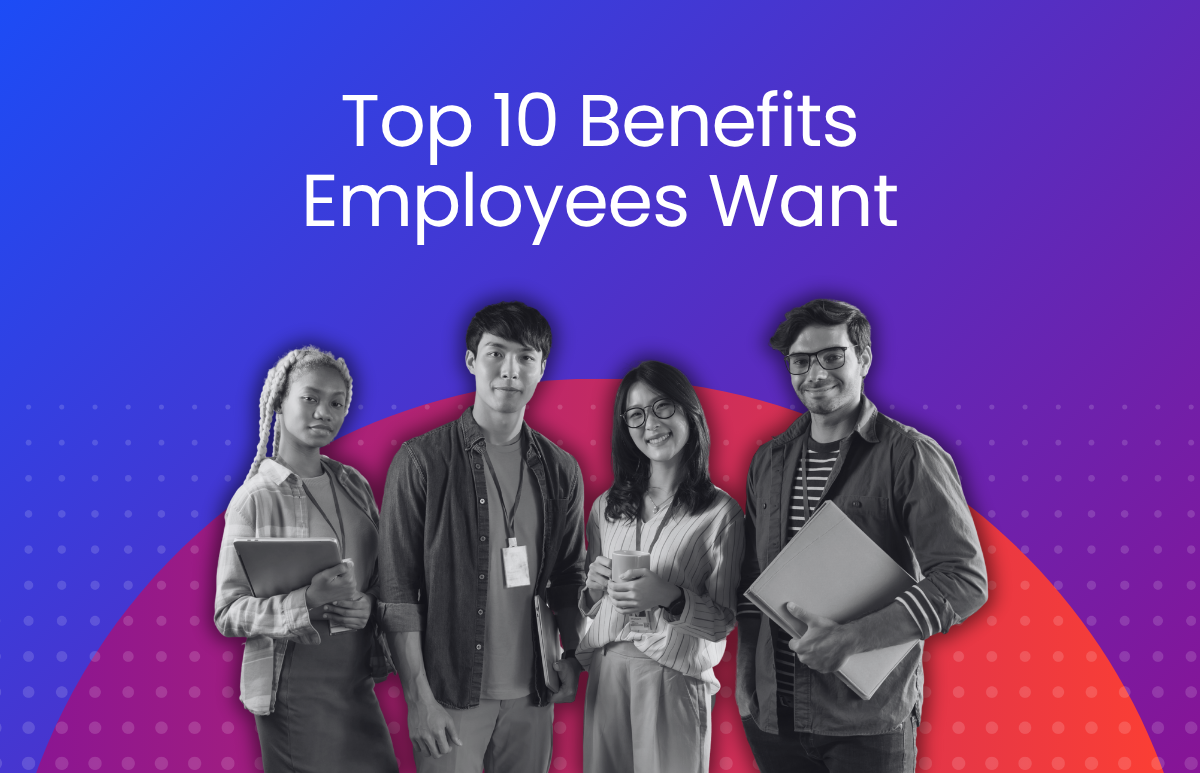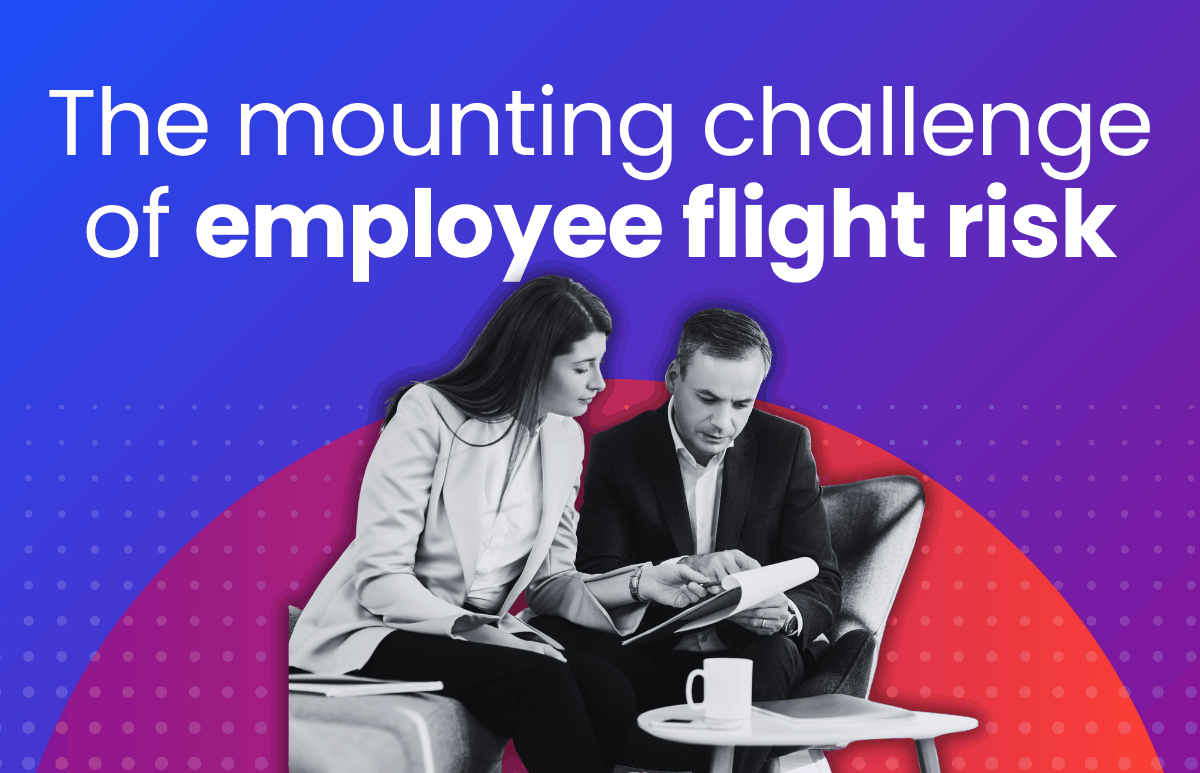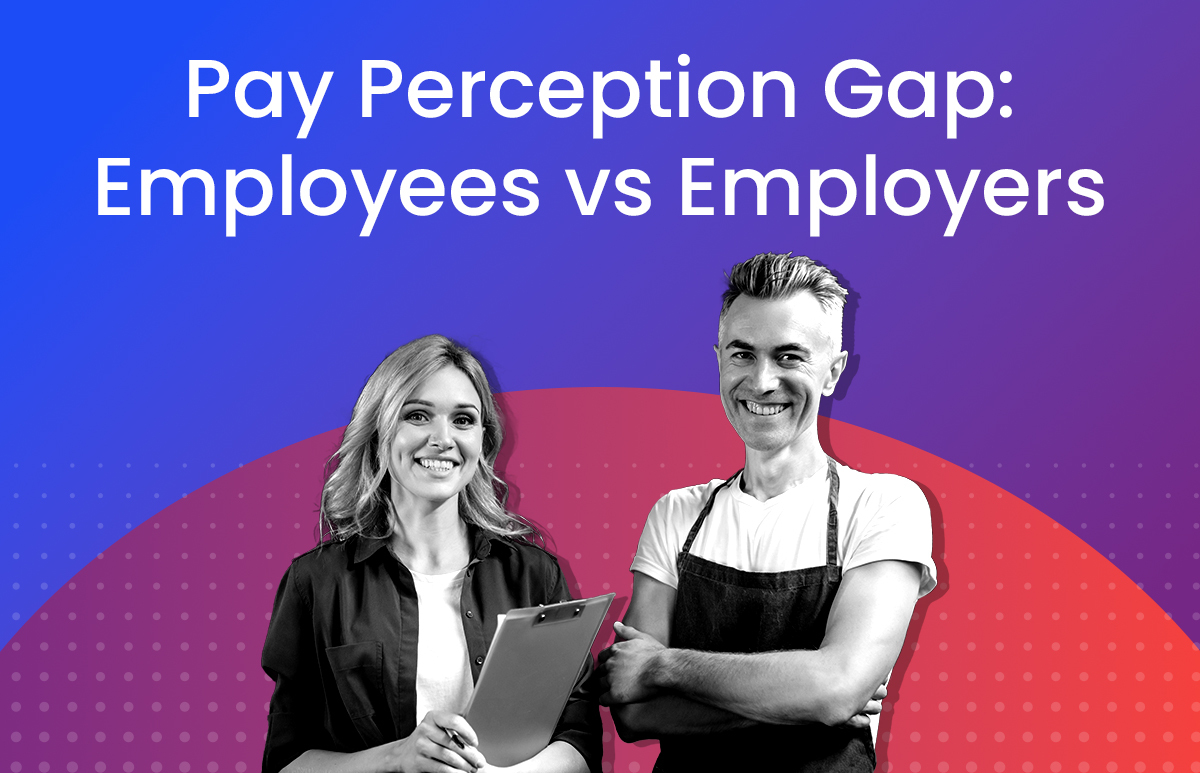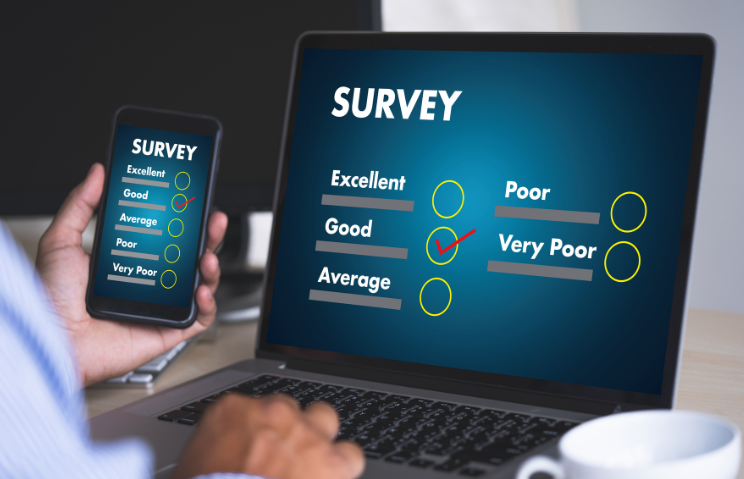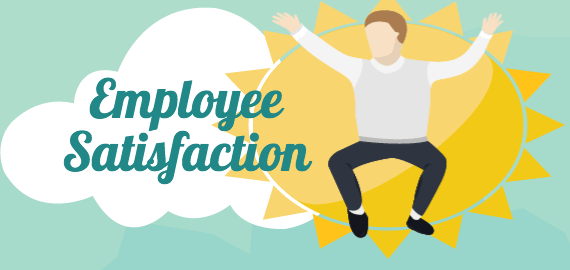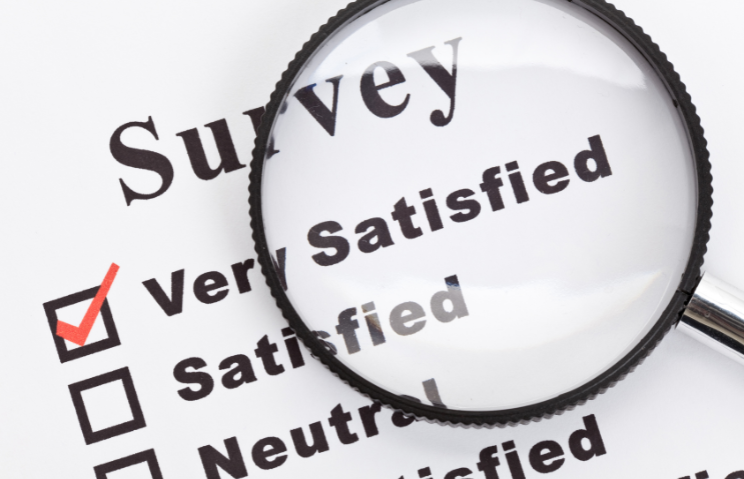Family violence spiked during COVID-19: What role do employers play?
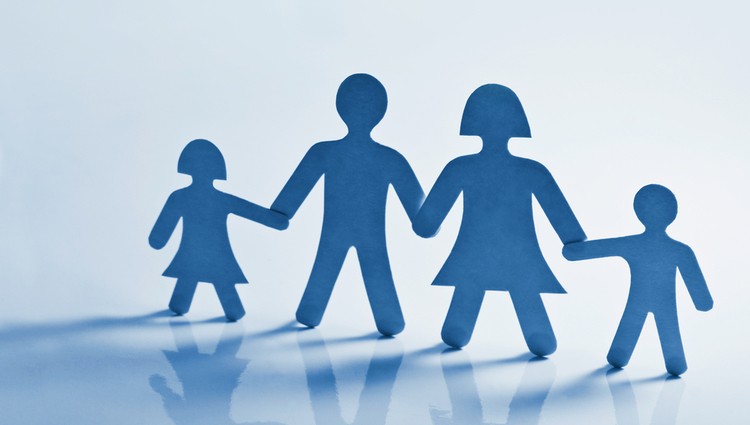
Even before the COVID-19 pandemic, Australia’s family violence statistics had been described as a “national shame” with 1 in 4 women experiencing physical violence since the age of 15.[1] The story is no better in New Zealand, which has one of the highest rates of sexual and domestic violence in the developed world. Police respond to a family violence incident every four minutes.
Since COVID-19 hit, a combination of factors including job losses, financial hardship, isolation, working from home and cabin fever have contributed to a spike in family violence incidents. For example, there was a 10% increase in domestic and family violence victims seeking urgent assistance in Australia from the start of the lockdown in late March to 1 May.[2] In New Zealand there was a 20% increase in calls received by police and support services regarding family harm incidents during the coronavirus lockdown.[3]
The full extent of the rise in family violence will not be known for months, as lockdown measures are still playing out and reporting of these incidents to police is continuous. However, experts agree the final figures will not be easy reading.
A recent panel discussion organised by ELMO and Jesuit Social Services highlighted the critical role that employers play in supporting employees suffering through family violence. Some of the key issues raised are covered below.
What can employers do?
When the Australian Human Resources Institute (AHRI) surveyed its members on this issue back in 2017, the results showed only 5 respondents out of 1125 felt the issue of family violence was not the responsibility of employers – so clearly there is agreement that employer-led action should be taken. The question is, what sort of action?
Until recently, there was only limited support for employees and managers. For example, according to the 2017 AHRI study, just 18% of employers reported any form of manager training to recognise victims of family violence, and 23% reported some degree of case management within the workplace for victims of family violence.[4]
Fortunately, things have changed since then. 2019 was a landmark year for both Australia and New Zealand, as both introduced new family and domestic violence leave provisions. In Australia, the Fair Work Act was amended to provide employees with a new entitlement of five days’ unpaid family and domestic violence leave per year as part of the National Employment Standards (NES). In New Zealand, the Domestic Violence – Victims’ Protection Act introduced employees affected by domestic violence to 10 days of paid domestic violence leave per year.
Beyond their legal obligations, employers are taking further steps. For example:
- Offering Employee Assistance Programs (EAPs) or providing access to specialised counselling
- Ensuring policies are in place – and enforced – covering harassment and bullying in the workplace
- Providing training to managers and supervisors to identify and then support those who are victims of abuse
- Offering “bystander” training – that is, training for those who may witness a colleague dealing with such behaviour and have a desire to assist in some way.
Best practice employers
Organisations that are leading the way include Vodafone Group[5], which introduced domestic violence leave to employees worldwide following a trial in New Zealand. ASB Bank[6], a New Zealand company, introduced extensive manager training and also identified “first responders” who can respond and take appropriate steps if someone comes forward with family violence issues. In Australia, Energy Australia[7] has been lauded for its efforts in setting up training for managers and offering extra leave provisions.
Training – “the 3 R’s”
Training for managers is considered especially important. AccessEAP advises that three key areas should be covered in any training for managers: Recognise, Respond, Refer.[8]
✅ Recognise
When someone is experiencing family violence, their patterns of behaviour will likely change. Managers should remain connected to their team to be able to recognise any changes. Some behaviours to look out for may include:
- Frequently arriving to work very early or very late
- Frequent personal phone calls that leave the employee distressed
✅ Respond
If someone has taken the difficult step of sharing their experience of violence or abuse, it is vital to respond in an appropriate and supportive manner. Firstly, you should listen without judgment, be supportive, encouraging, open and honest. There are also some practical considerations which will help make the person feel safer and more supported. Discuss with an employee what might make them feel safe at work e.g. screening calls, changing email address, priority or safe parking.
- Screen their phone calls or install caller ID on their phone
- Change their email address and remove their details from the organisation’s directories
- Arrange for priority parking close to the building entrance and organise for them to be accompanied to and from their car
- Ensure the employee’s workstation is not easily accessible for someone entering from outside
✅ Refer
Ensure your employees are aware of appropriate support services, such as their EAP. Employers can also refer employees to an expert domestic violence service for crisis counselling, information on crisis care facilities and refuges, information on domestic violence orders and court support and information on longer term counselling services.
Further assistance
Ultimately the goal is to create workplaces where people feel that it’s ok (and safe) to speak up if they are having problems, and to seek the help they require. As a final tip, it’s important that HR professionals communicate key messages to staff, including how to access that help. These messages should be clearly sent to ALL staff, so that no one – especially abusive partners – will feel that an employee is being singled out. It is also a good idea to include information about domestic violence along with mental health and other wellbeing issues and helplines such as Lifeline, etc. That way it will feel safer for staff at home to read and save this information.
Australia
Lifeline www.lifeline.org.au or 13 11 14
1800RESPECT www.1800respect.org.au or 1800 737 732
New Zealand
Shine Helpline www.2shine.org.nz or 0508 744 633 (9am-11pm, every day)
Are You OK www.areyouok.org.nz or 0800 456 450 (9am-11pm, every day)
ELMO Cloud HR & Payroll can help HR professionals manage their workforce, even while operating remotely. As a cloud-based solution, ELMO helps employers manage their teams from anywhere at any time from a secure, centralised location. All employee-employer touchpoints are covered by ELMO’s suite, from ‘hire to retire’. This includes recruitment, onboarding, performance management, payroll, rostering/time & attendance, learning & development, and more. For further information, contact us.
[1] Personal Safety Survey, Australia, 2016, ABS cat. no. 4906.0. Canberra: ABS.
[2] NSW Victims Services program, cited in SMH, 1 May, 2020
[3] Cited in The Guardian, 11 May 2020
[4] Australian HR Institute / School of Management at UNSW Business School research paper, September 2017
[5] “Vodafone Group’s New Domestic Violence Policy”, HRD NZ, 12 March 2019
[6] “ASB Awarded Domestic Violence Tick”, HRD NZ, 6 September 2019
[7] “Providing Support for Victims of Domestic Violence: How Energy Australia Can Help”, Energy Australia blog
[8] “Domestic Violence: What’s HR’s Responsibility?”, HRD Australia, 22 November 2019
 HR Core
HR Core 


